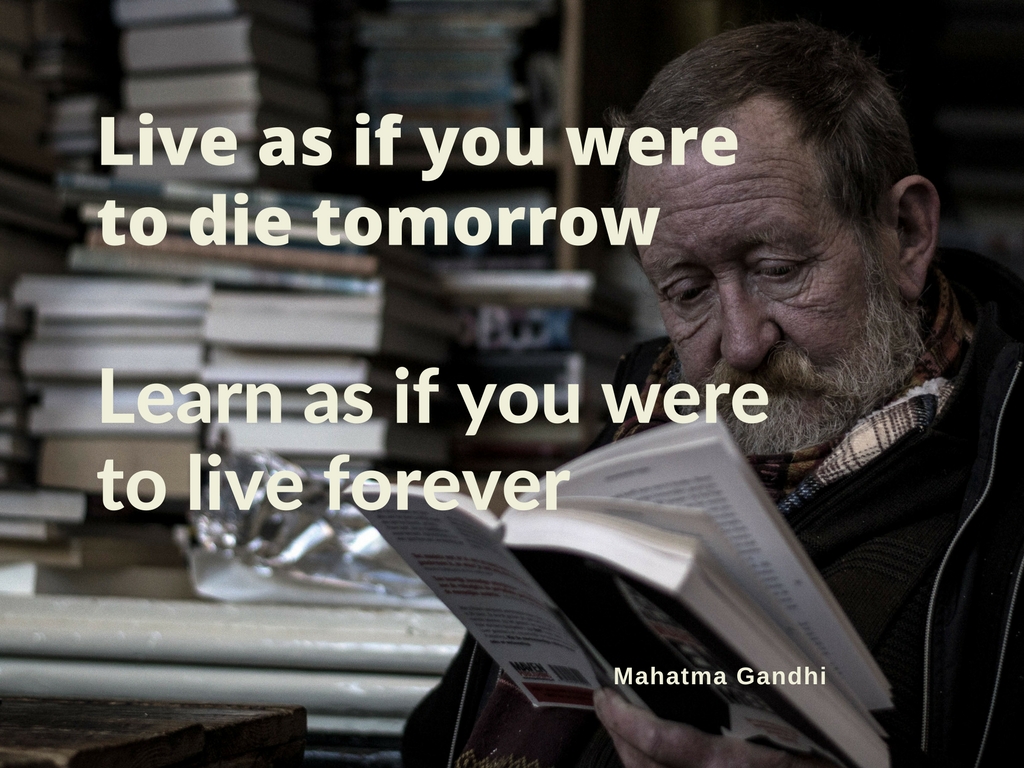Happy events, such as a wedding, as well as unhappy events, such as overwork, can cause stress. When your stress level exceeds your ability to cope, you need to restore the balance by reducing the stressors or increasing your ability to cope or both.
In this article are described the following four A’s to cope or reduce stress:
1 Avoid
You can simply avoid a lot of stress. Plan ahead, rearrange your surroundings and reap the benefits of a lighter load. In particular, try to avoid people who bother you, learn to say no and clearly define your priorities
However, some problems can’t be avoided. For those situations, here are the other A’s.
2 Alter Take inventory and attempt to change the situation for the better. In particular you can respectfully ask others to change their behavior, communicate your feelings openly, manage your time in a more efficient way and state limits in advance.
3 Accept
Sometimes you may have no choice but to accept things the way they are. For those times try to talk with someone, forgive (it takes energy to be angry), practice positive self-talk and learn from your mistakes.
4 Adapt
Sometimes adapting can be the most helpful and only available solution. In particular in those situations stop gloomy thoughts and adopt a mantra, try to reframe the issue and recall all of the things that bring you joy in life.
In general, you should adjust your standards and stop striving for perfection and always try to look at the big picture.

Image: Flickr – Jesper Sehested (CC BY 2.0)







Recent Comments